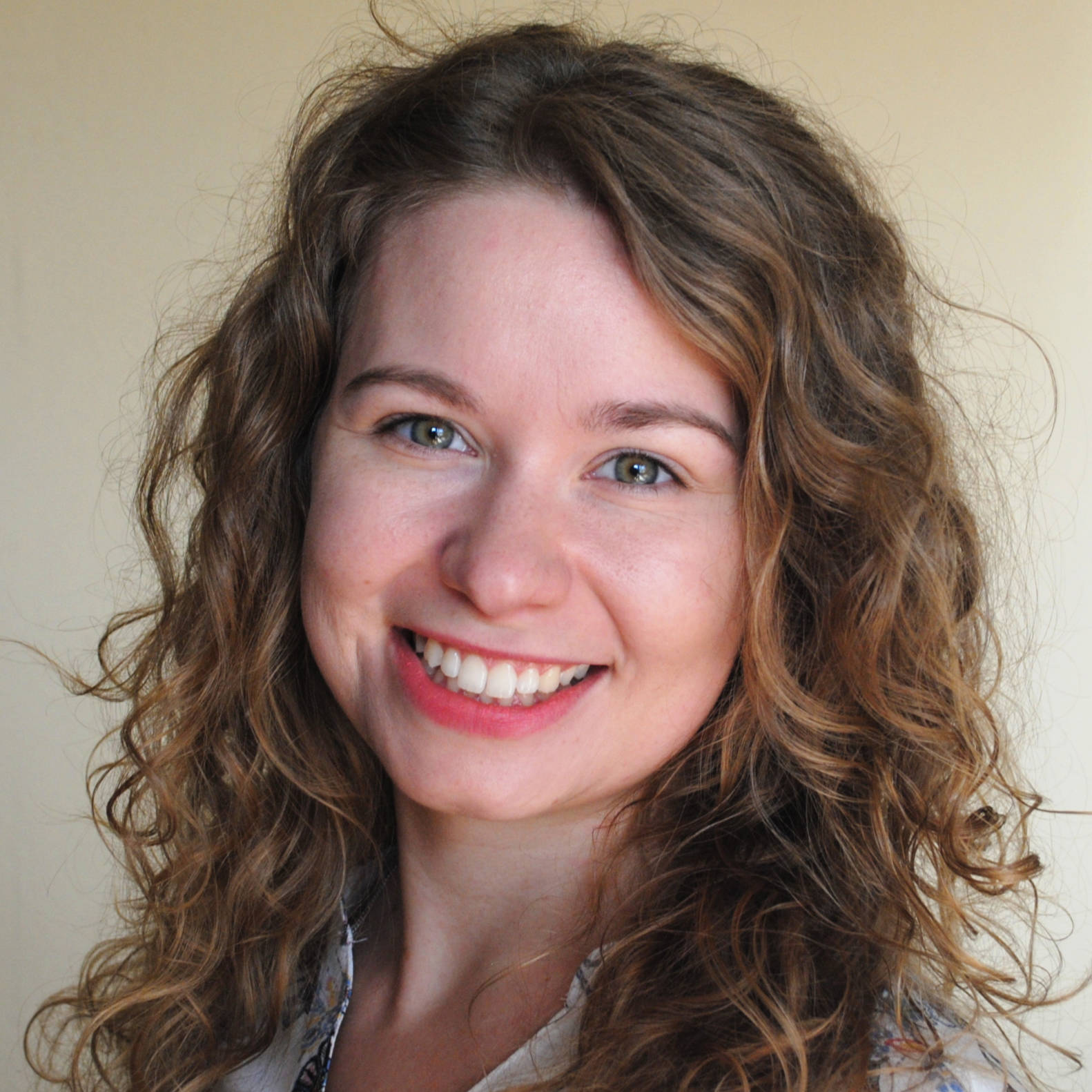Martyna Krajewska

CV
Martyna Krajewska obtained the title of Landscape Architect Engineer at the Poznań University of Life Sciences in the field of Landscape Architecture in 2015. She graduated from the same University in 2016 and she defended her master’s thesis. At the same time, she studied at the Faculty of Chemical Technology of the Poznań University of Technology. In 2017 she defended the engineer’s thesis entitled “Study of the interaction of proteins from milk with oleic acid at the water/air interface”. In 2017, MSc Eng. Martyna Krajewska started doctoral studies in “Chemical Technology” at the Faculty of Chemical Technology of the Poznań University of Technology, which from 2018 she continued as a student of the four-year interdisciplinary doctoral studies “NanoBioTech”. She is preparing the Ph.D. thesis, which is promoted by Krystyna Prochaska, Prof. and Katarzyna Dopierała, Ph.D. as the auxiliary promoter. Skills of MSc Eng. Martyna Krajewska includes the use of Langmuir’s technique to create and characterize Langmuir monolayers and Langmuir-Blodgett technique for depositing monolayers on solid substrates. Her competences include also supplementary techniques such as Brewster angle microscopy, surface potential measurements, interfacial shear rheology (ISR), infrared spectroscopy (PM-IRRAS), and contact angle. Martyna Krajewska is a co-author of four articles published in peer-reviewed international journals, four oral presentations at national and international conferences, and posters at the national conferences. She also took part in the IInd National Symposium on Bioorganic, Organic Chemistry and Biomaterials BioOrg (2017) and in the XIIIth and XIVth Summer School for Postgraduate Students and Young Researchers, Sudomie (2018 and 2019). She also participated in summer schools organized as part of the ORBIS project (Open Research Biopharmaceutical Internships Support): 1st – Pharmaceutical Preformulation and Processing, Dublin, Ireland, 2019 and 2nd – Oral Dosage Forms: Fundamentals, Challenges and Future Opportunities and Workshop on Dosage Forms and Drug Delivery Systems, Helsinki, Finland, 2019. She is a participant in the “International scholarship exchange of Ph.D. candidates and academic staff” project, as part of which she participated in research workshop including research skills training, hands-on sessions on the development of research publications and research collaboration activities (2019, University of Technology, Sydney, Australia).
Motivation
I find myself as perfectly thematically embedded in the issues that the training will address. I used to work with lipid-protein systems studied using the Langmuir technique. The most experience I gained when working with fatty acids and proteins derived from milk. The inspiration to start the studies on oleic acid and α-lactalbumin at the interface was the reports on the anticancer properties of the HAMLET complex (Human α-lactalbumin Made Lethal to Tumor cells). I conducted extensive research aimed at analyzing the interactions between those components and determining the suitability for application in biomedicine and pharmacy. The results have been published in respectable journals (International Dairy Journal, Langmuir, Journal of Physical Chemistry B). I also studied the mixed monolayers of oleanolic acid with human serum albumin in terms of biosensing and bioanalytical applications. I study the interactions of natural substances and I focus all my scientific activities on biomedical and pharmaceutical purposes. I can develop my interests in this area of science through participation in the ORBIS project (Open Research Biopharmaceutical Internships support) thanks to which I took part in two summer schools on pharmaceutical formulations. Interdisciplinary doctoral studies carried out in cooperation with the Polish Academy of Sciences and Poznań University of Medical Sciences develop collaboration between units and students from different fields of science. I am always happy to take part in additional activities (like summer schools, workshops, and training) because I know how important they are in my scientific development and what benefits they bring me. I am open to new experiences and I learn quickly. I would like to use my engineering skills and technical background in the field of chemical technology to add a physicochemical approach and contribute to solving problems related to pharmaceutical technology in the field of drug delivery systems and interactions between carriers, active substances, and membranes. I know that participation in this summer school and workshop will improve my knowledge in the field of surface phenomena and will accelerate my future career.
